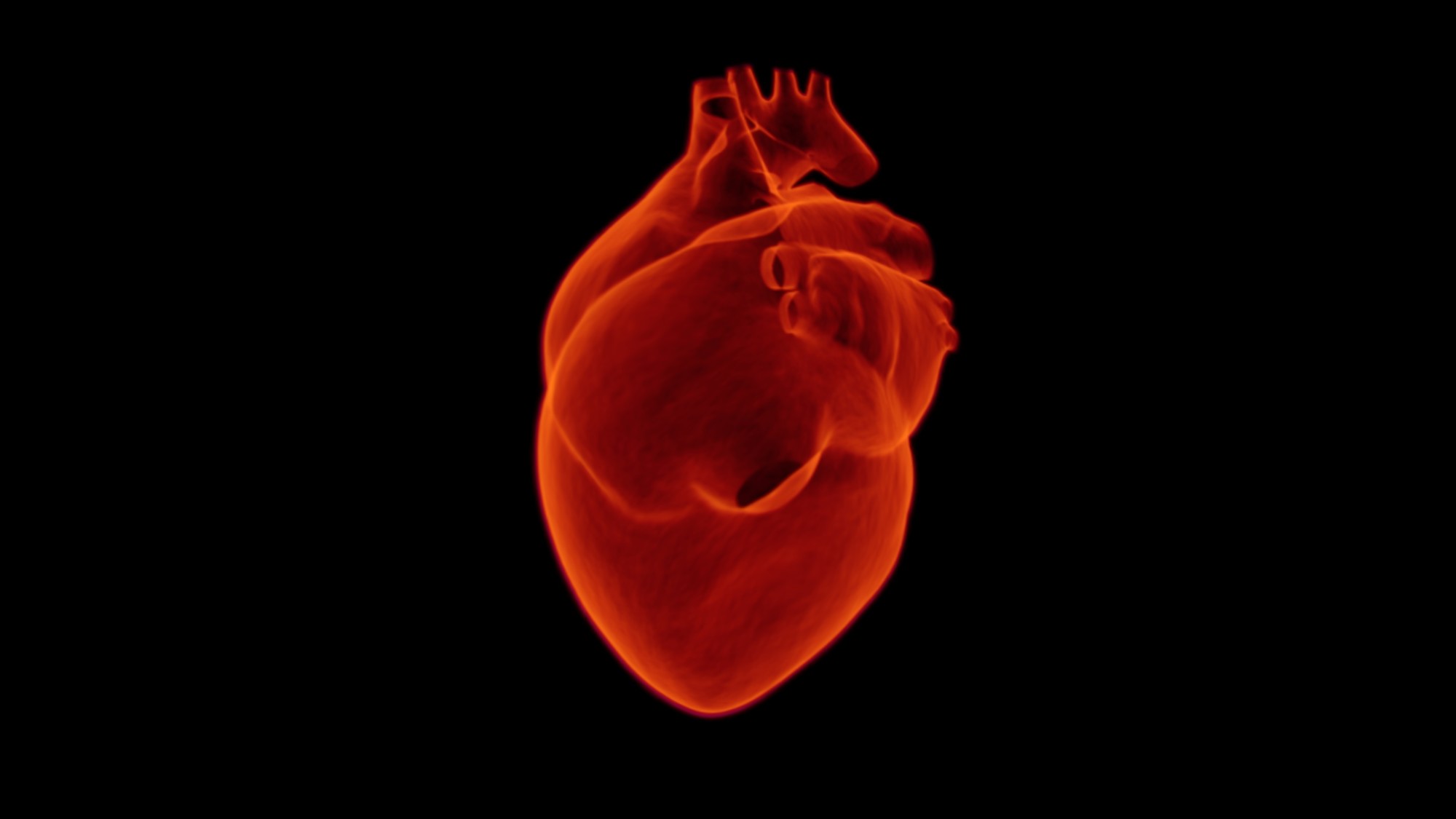5 Signs Of A Heart Attack
May 22, 2019
Did you know that every 40 seconds in the US, someone has a heart attack? Over half a million of these heart attacks (around 580,000) are first-time heart attacks, so the heart attack sufferer may not know what is going on. Time is critical if you think you’re having a heart attack. The quicker you get treatment, the lesser the damage.
Some are sudden and come with intense pain while others start slowly, with more mild pain or discomfort. It’s especially important to recognize heart attack signs with these types of heart attacks, as people often attribute these symptoms to other causes.
Keep reading for 5 signs of a heart attack that you should never ignore.
What is a Heart Attack?
A heart attack is also called a myocardial infarction. It occurs when the flow of blood to your heart is blocked. This blockage could be caused by several things, but the most common is a buildup of plaque in your coronary arteries. Plaque is a buildup of fat and cholesterol.
When the plaque breaks away, it forms a blood clot, which interrupts blood flow to the heart. When the blood supply is diminished, your heart suffers damage.
Certain things put you at a higher risk for heart attacks, including age (women are at greater risk when they are over 55 and men are at greater risk when they are over 55), a family history of heart disease, smoking, obesity, and an unhealthy and sedentary lifestyle.
Although heart attacks can be fatal, advances in medical technology and treatment can help stop the heart attack if you seek immediate medical treatment if you think you’re suffering from on.
Here’s what to look for:
1. Chest Discomfort
It seems that everyone knows that chest pain or discomfort can be a sign of a heart attack. The pain is different for everyone though, with some reporting pain in the center of the chest that lasts for more than a few minutes and others reporting that it goes away and comes back. The pain could feel like uncomfortable pressure, or it could feel like squeezing or fullness.
2. Nausea, Indigestion, Heartburn, or Abdominal Pain
Having heartburn or indigestion and an upset stomach can easily be attributed to other conditions. A fatty meal, spicy food, or overeating can all explain away these symptoms. On the other hand, some people might think their abdominal pain or indigestion is a heart attack.
It’s important to know how to tell the difference between the two and when an antacid will help or when you should seek medical attention.
If your indigestion is coupled with any of the other heart attack symptoms, like chest pain, shortness of breath, fatigue, or dizziness, it’s safe to assume you need to be checked out by a medical professional.
3. Shortness of Breath
Like indigestion, shortness of breath is often attributed to other conditions. However, if shortness of breath is accompanied by chest pain and fatigue in women, for example, it’s a sign of a heart attack.
Your heart pumps blood to circulate to your tissues and organs, such as your lungs. If your arteries are clogged and unable to pump blood, your lungs aren’t getting the sustenance that they need, resulting in shortness of breath.
4. Dizziness
Dizziness and lightheadedness is often cited by women as a precursor to a heart attack. If you feel like you’re going to pass out when you stand up, bend over, or overexert yourself, you should have it checked out. It’s not normal, particularly if it’s something that is happening often.
5. Pain or Discomfort in Arms or Shoulder
Chest pain isn’t the only type of pain you experience with a heart attack. Pain in other upper body areas, such as one or both arms, the abdomen, back, or even jaw could signify a heart attack.
Women often report pain in their lower abdomen and lower portion of the chest when they are experiencing a heart attack.
What to Do If You Suspect You (Or Someone Else) Is Having a Heart Attack
If you find yourself having any of the above symptoms, it’s time to seek medical attention. Do not drive yourself to the hospital. Call an ambulance. While you are on the phone with 911, they may ask you what kinds of medications you are on and whether you’re allergic to anything.
If you’re not, or aren’t on anything that would interfere (like a blood thinner), the dispatcher might recommend that you chew an aspirin while you’re waiting (chewing the aspirin gets it into your system quicker). Aspirin slows blood clotting, so the blood clot that is causing the heart attack won’t grow any larger.
If you find yourself in a situation where someone around you is in full-blown cardiac arrest, you might consider using an automated external defibrillator (AED). Many workplaces now have AEDs on the premises and employees can learn how to use an AED to ensure that you are prepared in the event of a heart attack.
Final Thoughts
Not everyone experiences heart attacks the same. It’s important to remember that while these are common symptoms, there are silent heart attacks, accompanied by very minor or even no symptoms at all.
Knowing the risk factors for heart attacks and how to keep your heart healthy is the best way to prevent any type of heart episode. To learn more about healthy living and reducing stress to boost your heart health, check out some of our other posts.